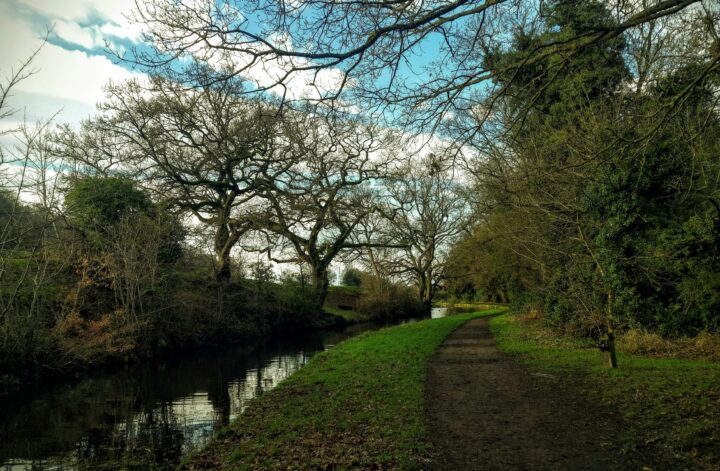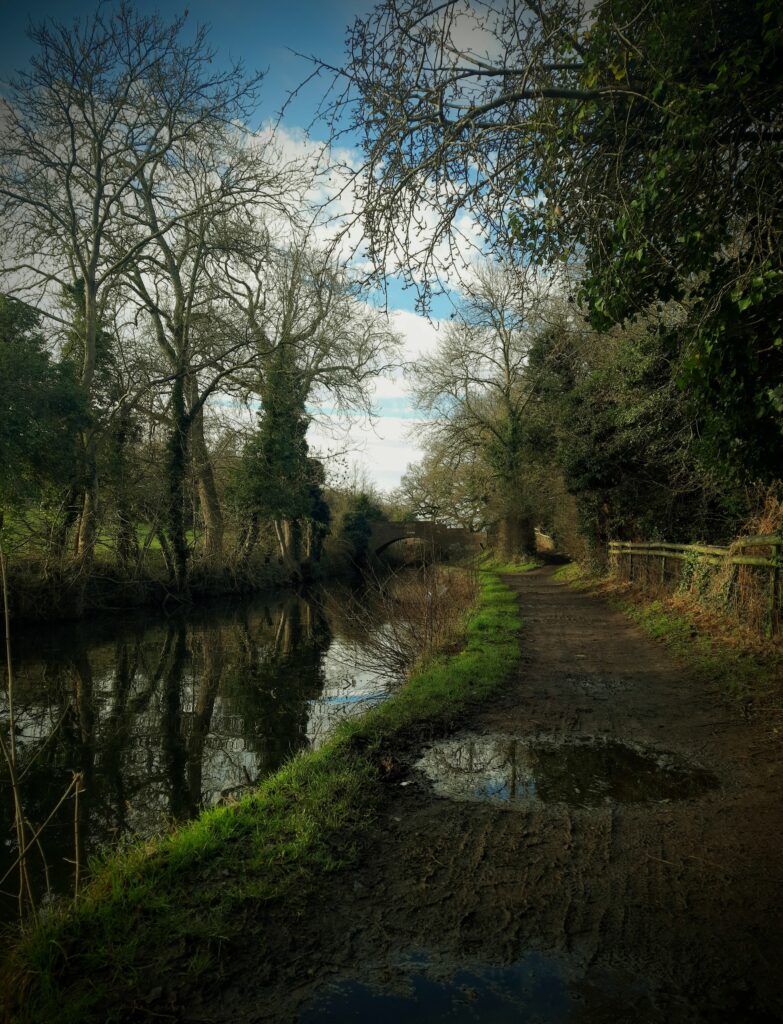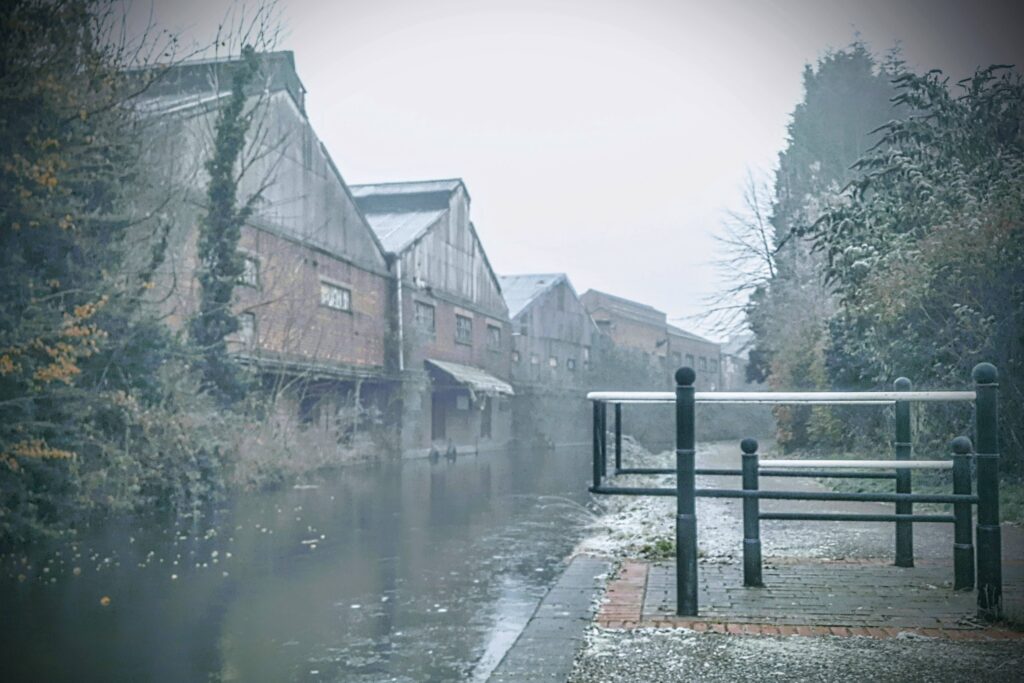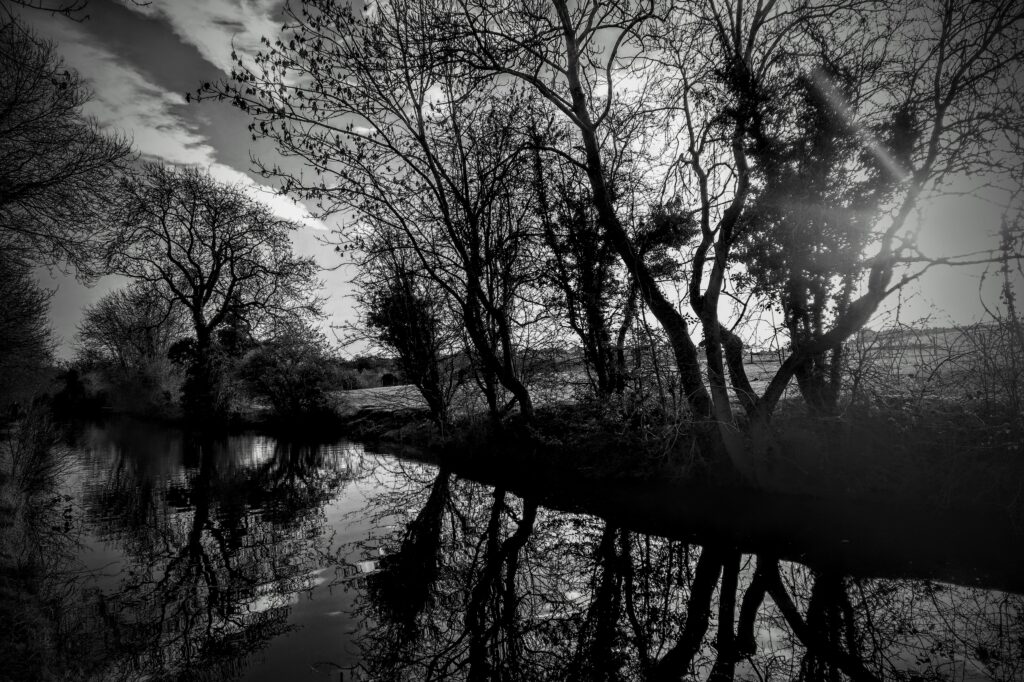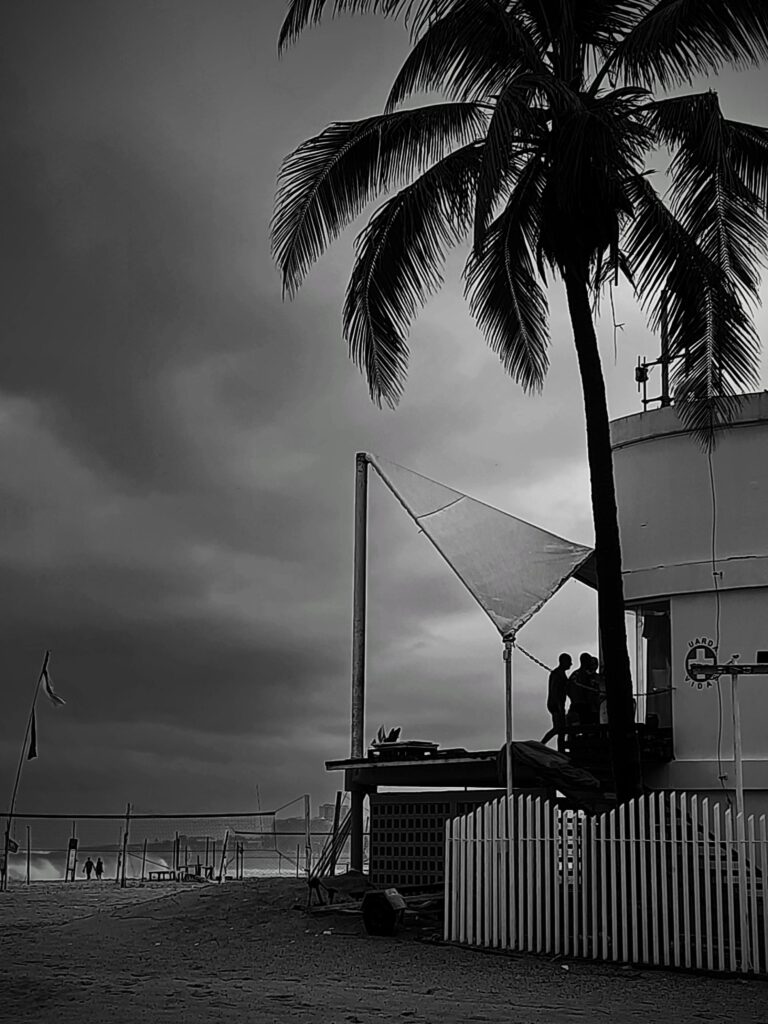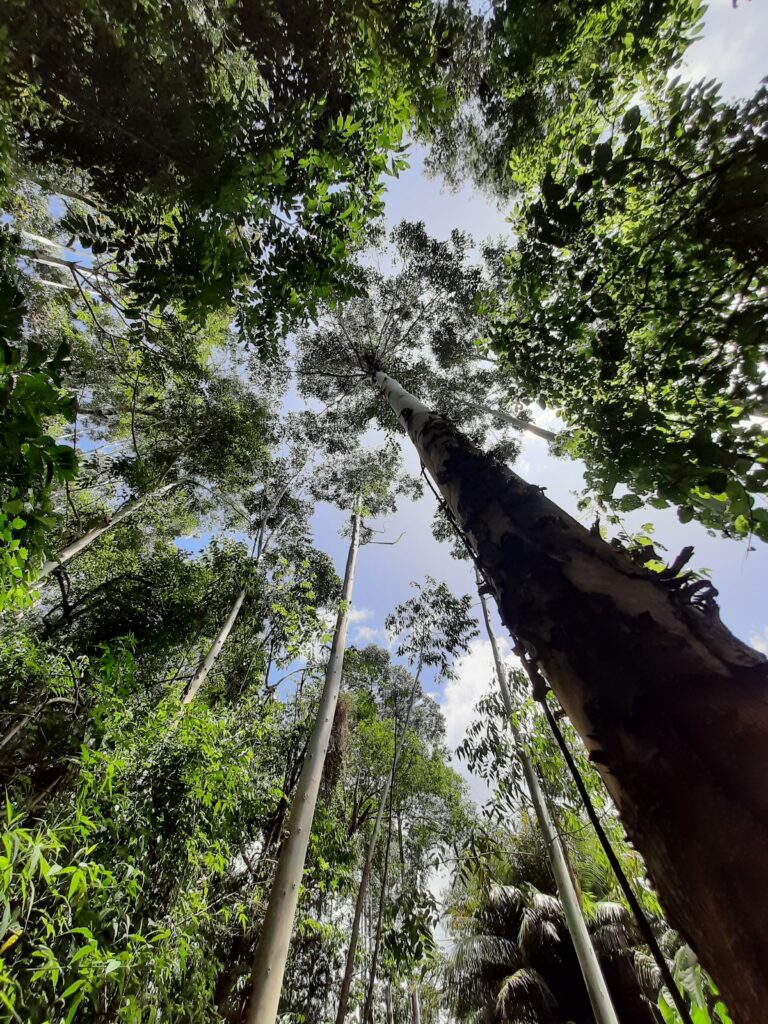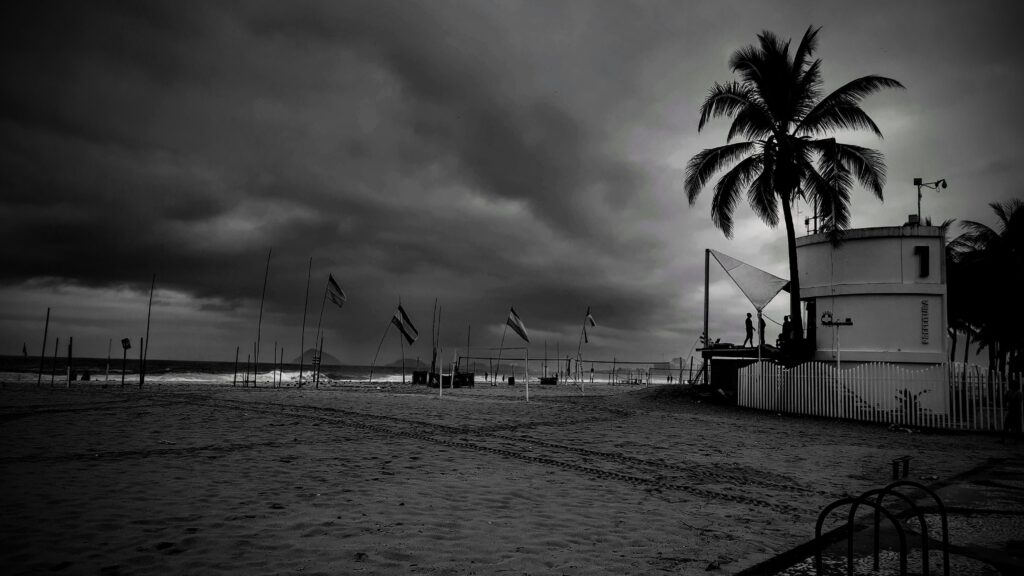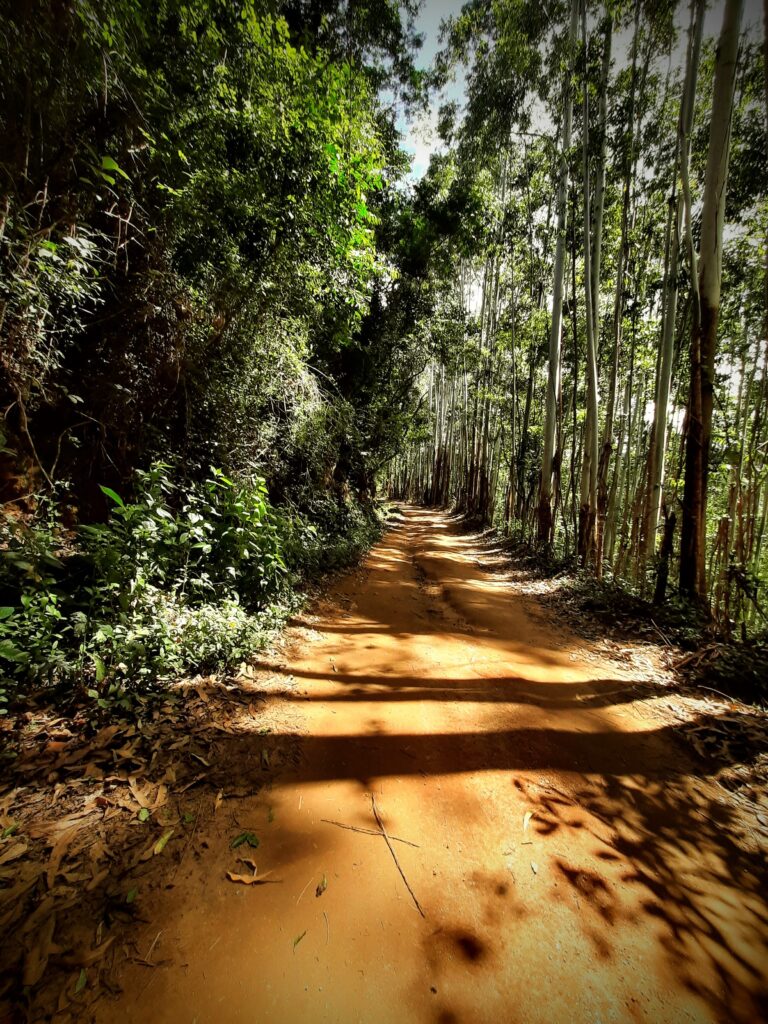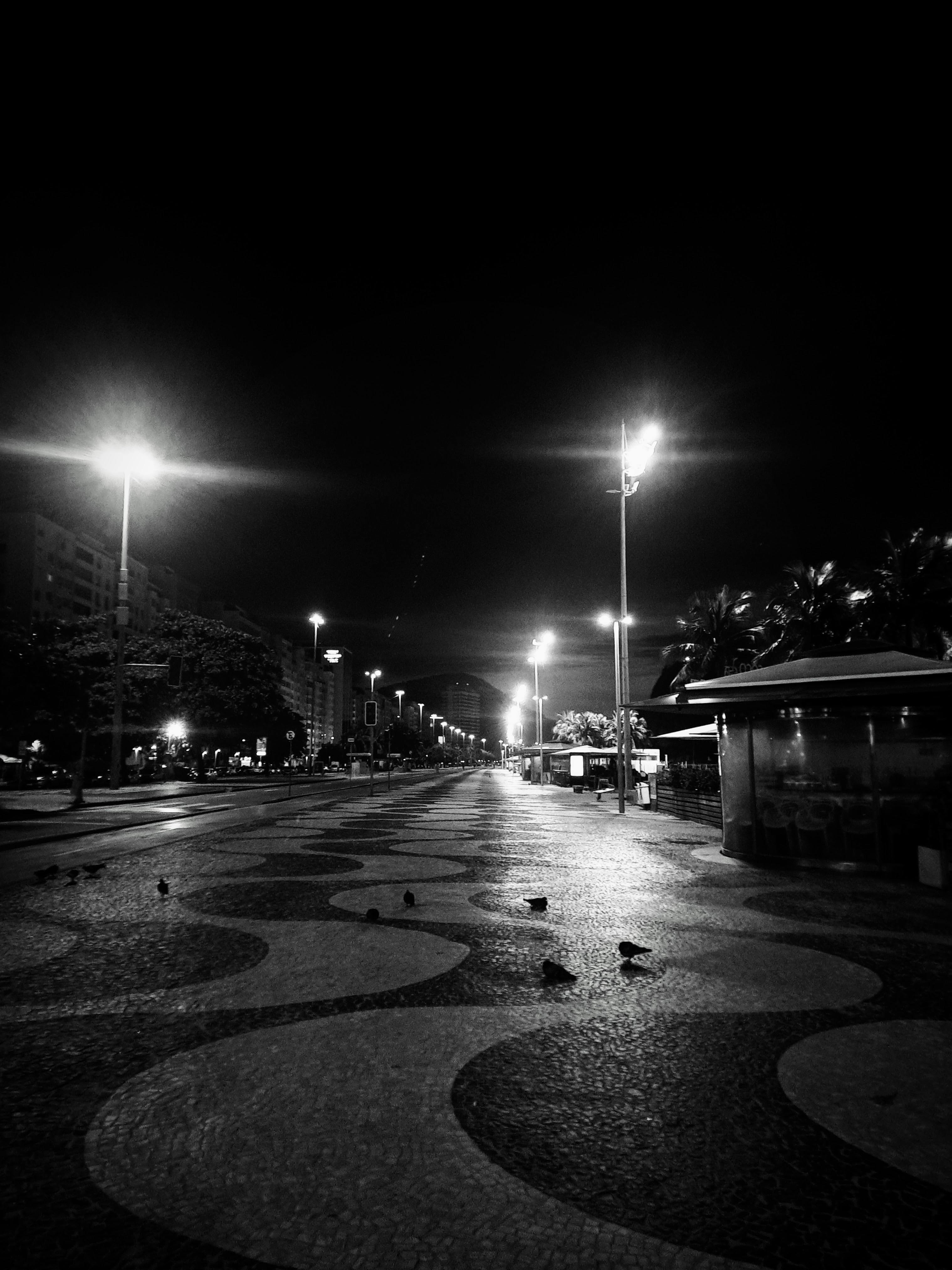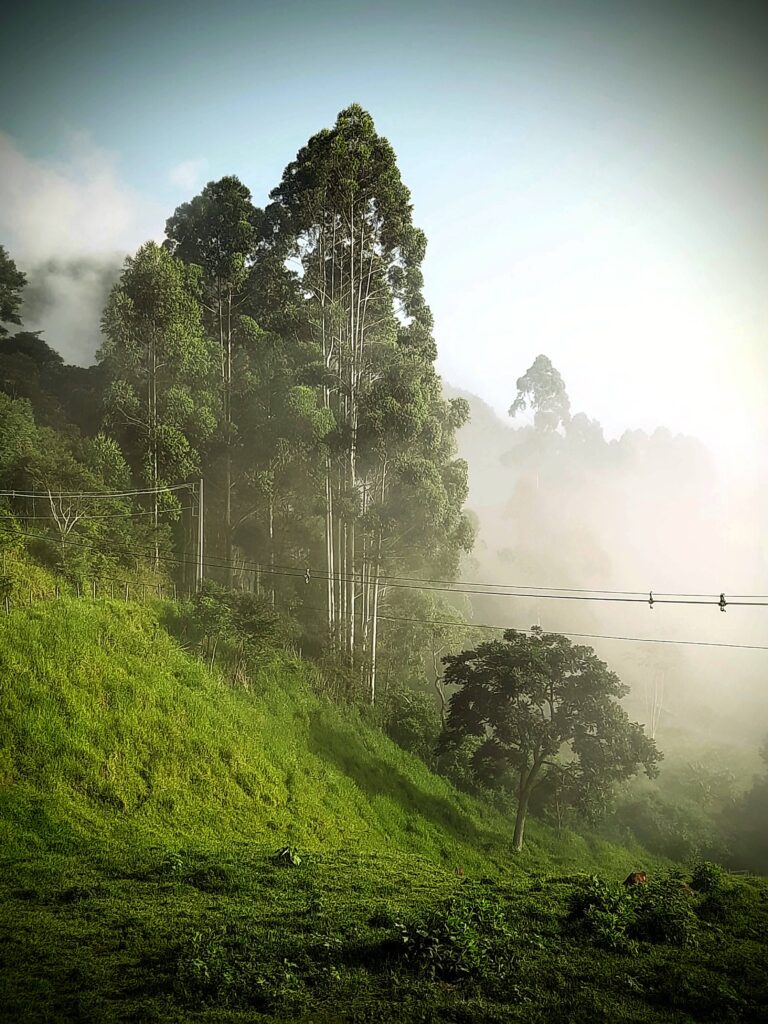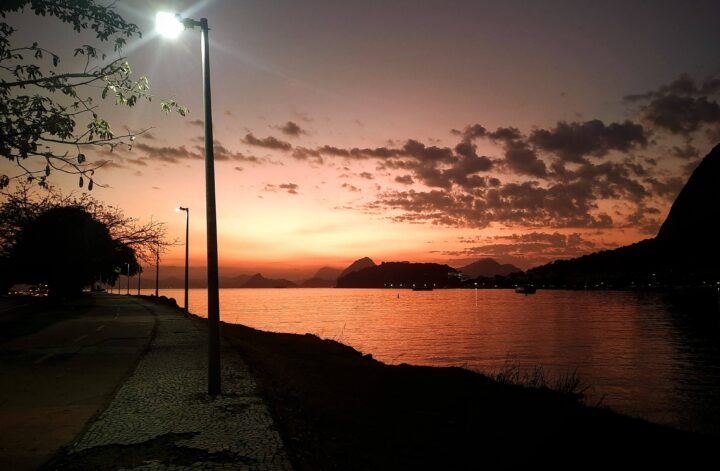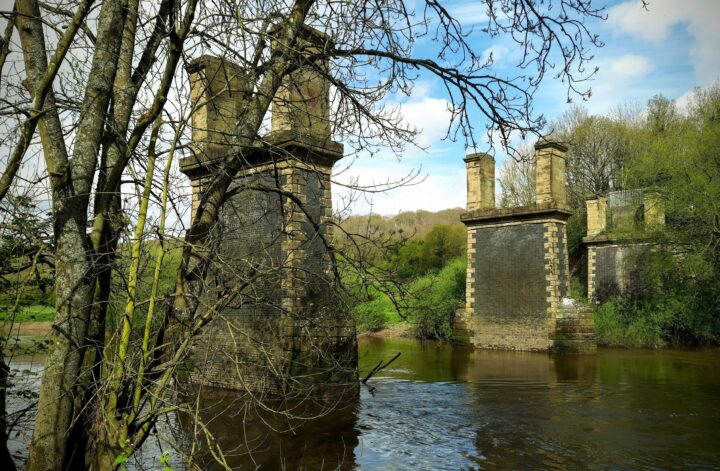Wordsley, Stourbridge, England: 8 degrees, cold and stormy.
The whole of England is covered by a storm called Isha, after a woman, of course. There has been flooding in some parts of the country, accompanied by slight rain and strong winds.
The wind had been quite strong, but nothing so severe as to be alarmed about. I was able to walk along the canal without any problems; it was cold, but I’m getting used to it.
Late in the day, my mother and I had the impression that the temperature had dropped a little more, and the cold was beginning to bite. It rained a little, but again, nothing severe enough to warrant concern.
Brazil is a country known for its storms, and I’m not just talking about political and economic storms and scandals that have frequently plagued its history. I’m referring specifically to meteorological storms. In fact, Brazil is one of the champions when it comes to extreme weather events.
In terms of thunder and lightning, Brazil is at the top of the list, with a significant increase in lightning strikes over the last couple of years, but this has always been the case.
Obviously, in Rio, during the summer, as a tropical city, tropical rainfall and storms are almost a daily occurrence. People know when a storm is approaching because it’s even hotter than usual, and it always begins to be windy.
These intense tropical storm showers typically occur at the end of the day, usually late in the afternoon. As I said, you can feel the heat building up throughout the day, like a pressure cooker, ready to explode. It builds up with intense pressure, fuelled by the heat, and then explodes with heavy, intense torrential rain.
Flooding is a big problem in Rio and other large cities in the country, especially São Paulo, which has a history and reputation for mass flooding after such storms. This is due to the possibility of much higher rainfall during the summer months, with local authorities and rescue units on standby.
I’ve seen main streets in the middle of the city completely underwater, with no way of passing, as people look for higher ground to save themselves and their animals. In Rio, especially the South Zone, which is mostly residential, with blocks of flats and condominiums, the damage caused is often less severe than in poorer regions, where there are more houses than buildings.
Firefighters’ or lifeguards’ helicopters trying to rescue people stranded on top of the roofs of their houses, with everything below underwater and destroyed, is a shocking sight, but unfortunately, not so common. I once saw a farmer with his horse on the roof of his barn with metres of water below.
How crazy is that!!!
In 2011, Terasopolis, a picturesque town 65 kilometres from Rio in the mountains, received one of its worst natural disasters in history, with more than 900 people dying from a freak storm and torrential rain. The region and neighbouring towns and villages were completely wiped off the map, with villagers losing everything, including, sadly, many loved ones.
Even though the region has a history of high rainfall and storms, what happened then was a natural disaster of a proportion that nobody ever expected.
I spent Carnival with a friend who has a farm in the region a couple of years ago, and he showed me some visible scars etched into the landscape where the torrential flow of rainwater had taken away massive parts of the land, including entire streets and houses. Francisco also told me that he had sadly lost many good friends at that time, which is heartbreaking to say the least.
I can go on to say that in the south of Brazil, which is not tropical (the tropical line is located between Rio and São Paulo, so anything below São Paulo is not tropical, including São Paulo city itself). It is not tropical, but it suffers more than its fair share of weather extremes, with extremely high rainfall and flooding caused by freak storms.
So, when I’m watching TV with my mother in her house, sitting in a very comfortable armchair with a gas fire in front of me that radiates heat to all the corners of the living room and the house, and a well-dressed weatherman on TV tells everybody that a storm is coming and we must be careful!
What do I think?
It is the first day of the week. I went out for a short walk. I should have gone to my favourite local coffee shop or cafe, as they say in England, but I thought it better not to. I spent most of the day working on my computer and producing content. Meanwhile, my mother went to the hospital for physiotherapy, and I spoke with Yasmin and Nalva. I think everything is going well.
The storm blew lightly throughout the day.
Today is the first day since arriving in England that I have felt a sense of missing Brazil. Nothing particularly significant or dramatic, but I have thought that I am missing Brazil, or more specifically, living alone.
I love Brazil, but I also love England, and I don’t mind living in either of them. My daughters are currently living in Brazil, so I have ties and a connection there, but that doesn’t mean I’m not happy living in England.
Jessica is 29 and Yasmin is 16, so their lives are still beginning, and now 90% of it depends on them, their mothers, and I have given them hopefully the education and tools to make the most of their lives, and now I have to try and make the most of my life before it’s too late.
The cohabitation with my mother is good, but sometimes, now, it’s getting me down, not because of her until now, but more because of me. I miss living alone. I want my own space where I can do what I want, when I want, where I want, and with whom I wish to.
In bed by 11:00 p.m.
Thank you.
Thanks for reading this blog post. Please explore my other posts and share your thoughts in the comments section.
Richard

